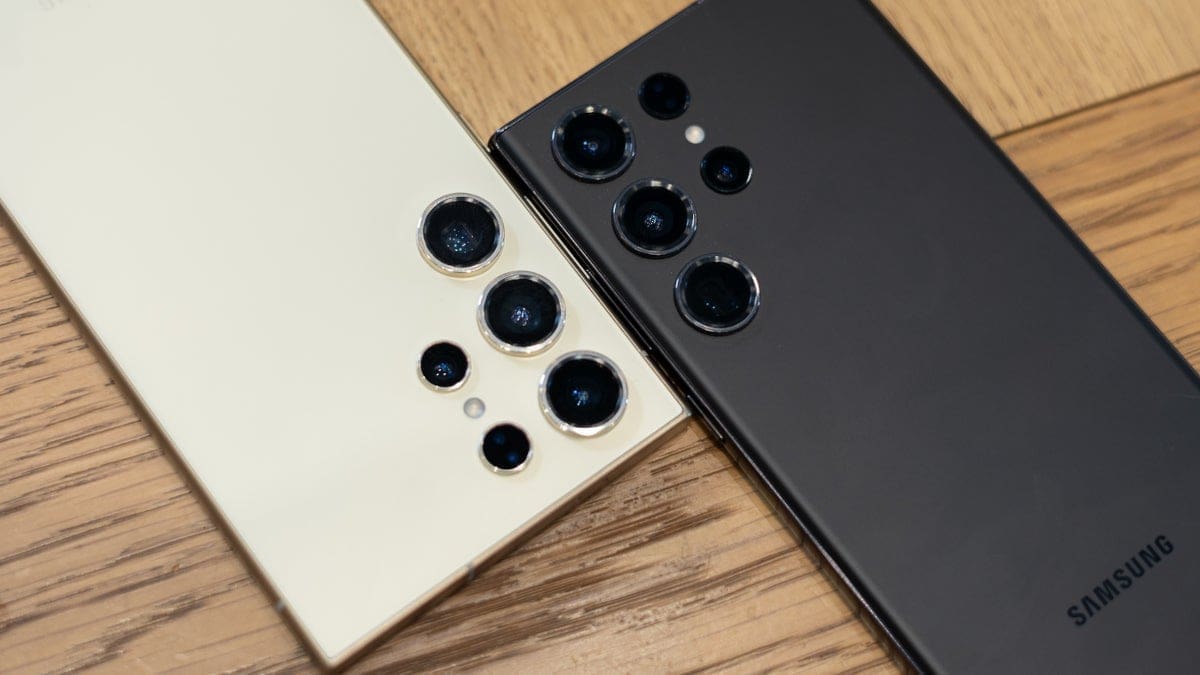Apple’s latest M4 chip, featured in the new 11-inch and 13-inch iPad Pro models, comes equipped with a powerful Neural Engine designed to handle AI-based features. The Neural Engine on the M4 operates at an impressive speed of 38 trillion operations per second (TOPS), surpassing the A17 Pro’s Neural Engine running at 35 TOPS. In comparison, the A16 Bionic chip found in various iPhone models has a Neural Engine capable of running at 17 TOPS.
The discrepancy in Neural Engine speeds between the A17 Pro and the A16 Bionic is crucial in determining which Apple devices will run Apple Intelligence. The non-Pro iPhone 15 units come with 6GB of DRAM, while the Pro models boast 8GB. This difference in memory allows Apple Intelligence to work on all 2024 iPhones, including all four iPhone 16 models set to feature 8GB of DRAM across the board.
According to computer engineer and tech enthusiast @MappleGold, the upcoming A18 chip is expected to have an even more potent Neural Engine than the M4. This suggests that Apple Intelligence AI capabilities will be more advanced on iPhones compared to iPads or Macs.
Speculation is rife that Apple might revamp its branding strategy for application processors (APs), potentially dropping terms like “Powerful” and “More efficient.” This change could coincide with the release of the A18 and A18 Pro APs or might be delayed until TSMC transitions to its cutting-edge 2nm node for manufacturing future chips like the A19 or A20.
Looking ahead, Apple may increase the die size of its upcoming APs to accommodate larger Neural Engines. While the iPhone 16 and iPhone 16 Plus are anticipated to be powered by the A18 chip, the more advanced A18 Pro is expected to drive performance on the iPhone 16 Pro and iPhone 16 Pro Max. Both chips will be manufactured using TSMC’s second-generation 3nm process node (N3E). The groundbreaking A17 Pro already utilizes TSMC’s first-gen 3nm node (N3B), paving the way for further advancements in chip technology.











